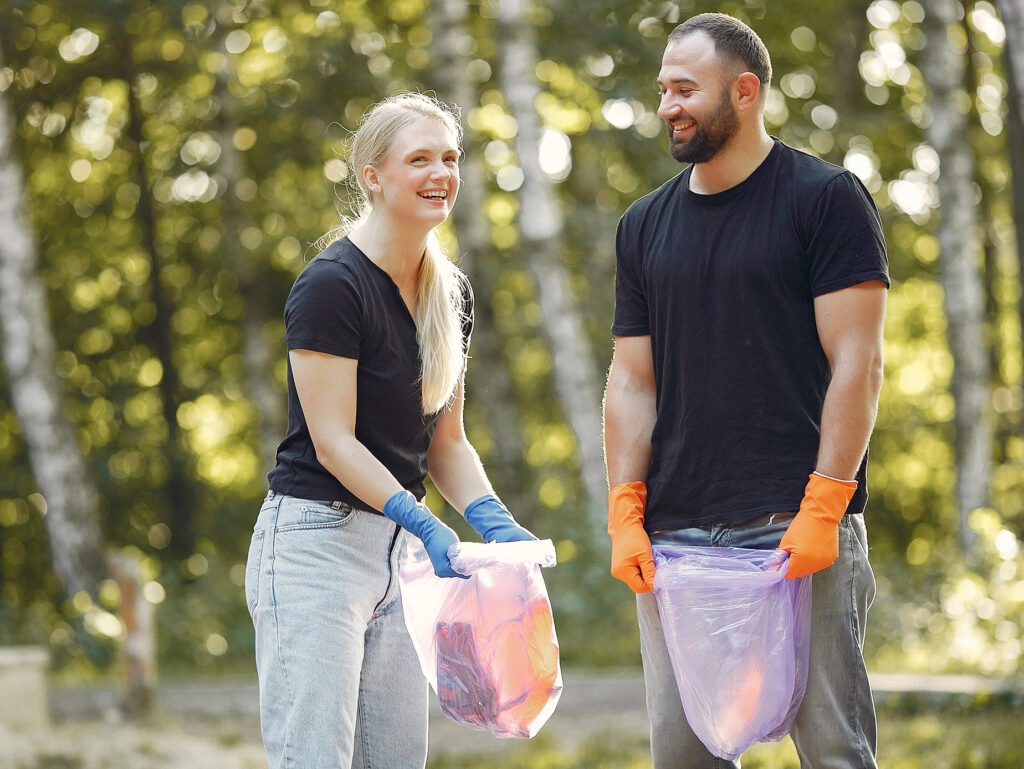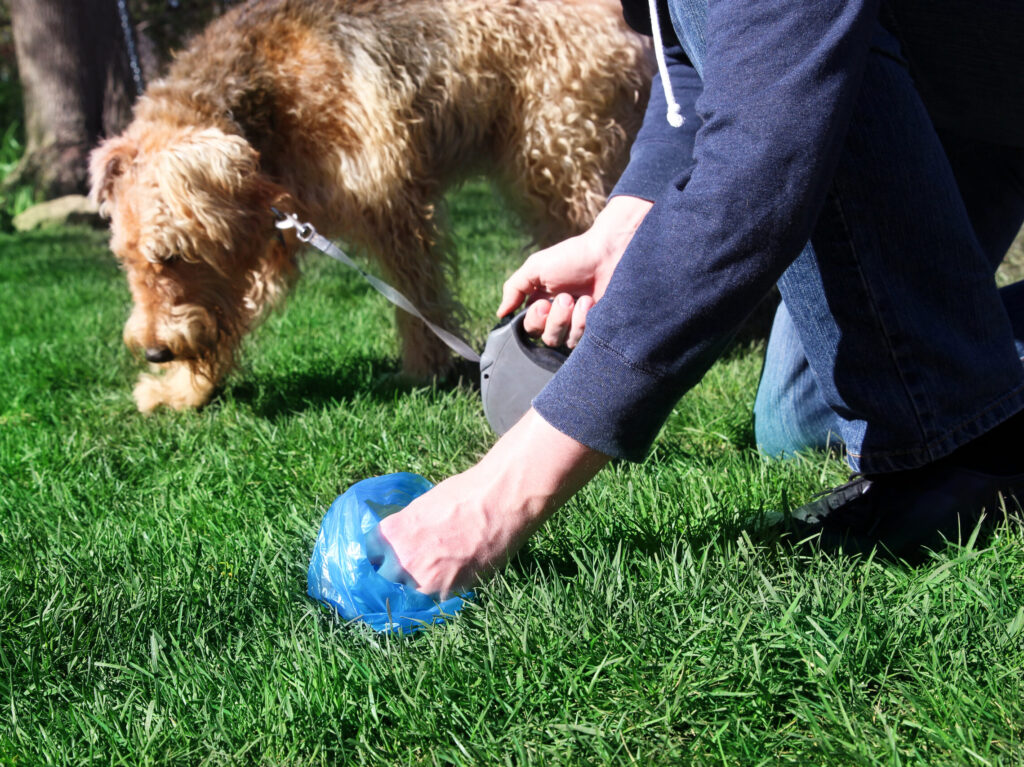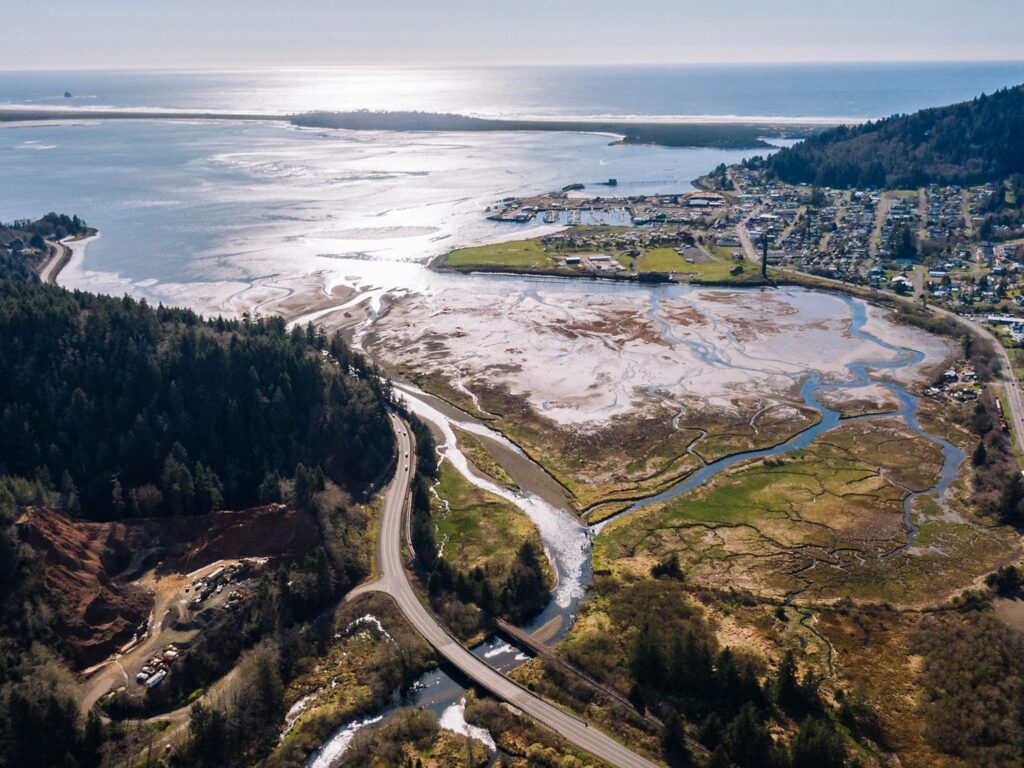Inflate Your Vehicle Tires
Author
Posted
Share


When it rains in the Pacific Northwest, water washes over our roads, into storm drains, and into our rivers. That said, do you want to know one simple thing you can do to keep our waterways cleaner?
Keep your vehicle’s tires inflated!
Scientists and researchers at Washington State University discovered the chemical that has been killing coho salmon. It’s a preservative in tires that through normal wear and tear finds its way into our rivers. Now studies are underway to fix our tires and our roads:
Properly inflated tires conserve fuel and reduce the breaking down of your tires, reducing the amount of tire dust and microplastic bits coming off them. A recent breakthrough study in the Puget Sound area revealed that tire dust is toxic to salmon, so save yourself and the fish some grief by making sure your wheels are well-maintained!
To learn more about tire dust, read the efforts done by Dr. McIntrye and researchers at the link below: https://www.seattletimes.com/…/tire-dust-is-killing…/

Related Posts
Celebrating Earth Day 2025
Happy Earth Day 🌎 🌍 🌏 You can make an impact today—and every day—by connecting…
Scoop the Poop! For Our Water
Unfortunately, uncollected pet waste doesn’t just disappear. Dog poop is gross to step in, disrespectful…
Celebrate National Estuaries Week
So, what exactly is an estuary? Read on to learn more about this important ecosystem…




